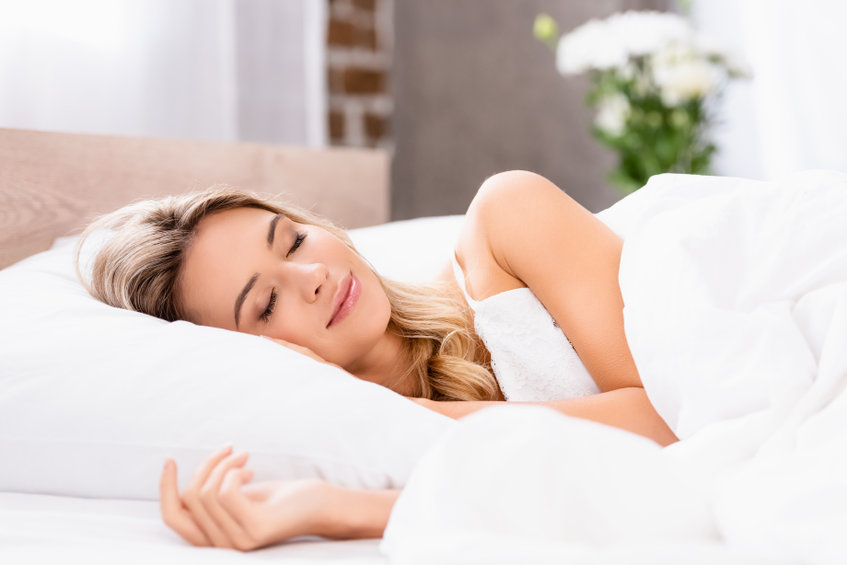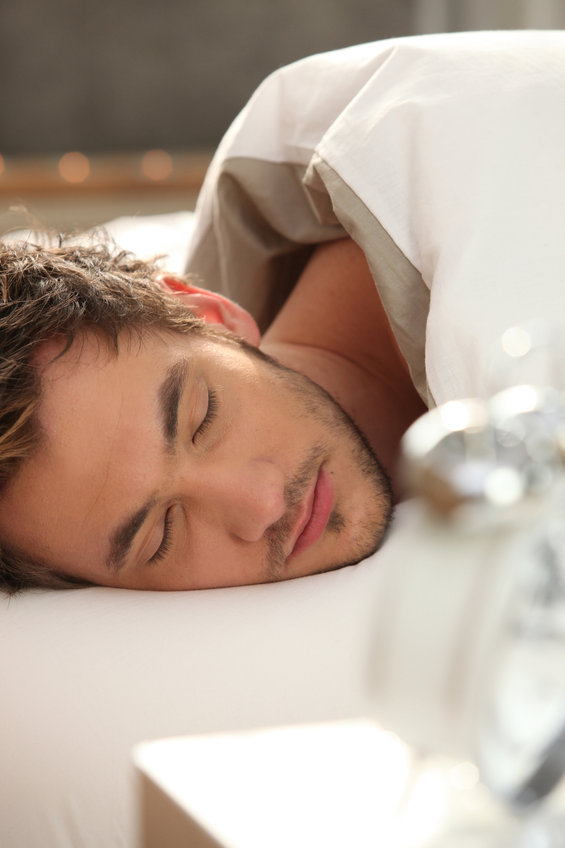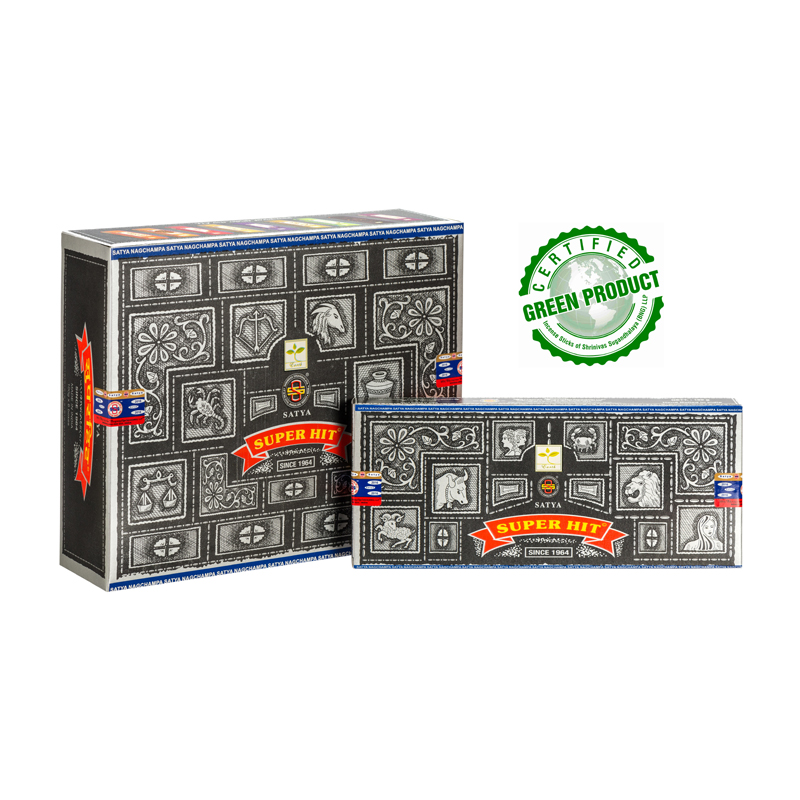July 21st, 2021
Sleep Rituals Are 2021’s New Self Care
Self care is more than an activity, it’s a mind set. Restful sleep should be a part of your self care because it has such an impact on your mental and physical health.
One of the newest trends in self care came out in 2020, and is gaining popularity. Sleep rituals are more than just bedtime routines. Sleep rituals are absolutely a behavior lending to influences of physiological senses. Sight, hearing, taste, smell and touch can influence our sleep ritual and having an impact on how well we sleep.
Rituals allow us to complete steps in a prescribed way, and sleep rituals merit the time you set aside to focus on yourself. A ritual is described as “a religious or solemn ceremony consisting of a series of actions preformed according to a prescribed order”. In essence, your sleep ritual is not anything religious based, but a ritual to progress gradually into restful sleep.
Important Things To Consider When Creating Your Sleep Ritual
Relaxing Nighttime Activities are important preparation and the first step in this is choosing times to sleep and being consistent in this. Discontinue use of any electronics at least two hours before, as blue light will assist in suppressing melatonin production disrupting your circadian rhythm. 1 If reading books in bed is part of your routine, use a 15 watt lightbulb and keep lights low.
Quieting Your Mind is a challenge for some in the evenings. Two to three hours before bed, make effort to put aside complicated decisions or discussions. Put aside work, and let things go for the rest of the day. Part of your nighttime routine will be this conscious effort to find and have peace.
Cleansing Your Body one to two hours before bed, with water at 104 to 109 degrees as actually been linked in a study to better sleep quality. Not only are you washing away the activities of the day, you are also helping assist your body in lowering your core temperature with your body’s natural circadian rhythm. 2
Creating a Restful Environment will further help with relaxing. Ideal conditions are keeping a bedroom that is cool, quiet and dark. Studies show that the ideal temperature is approximately 65 degrees Fahrenheit to assist your body’s natural sleep temperature changes. 3 This is because circadian rhythms lower your core temperature during sleep and rise it during wakefulness.
Quality Bedding should not be overlooked as a factor that affects sleep. A study was conducted on the benefits of a new mattress and participants reported 57% reduction in back pain, 60% reduction of shoulder pain, 59% reported a reduction of back pain. Participants reported that sleep was improved by 60%. 4 Sleep Foundation recommends that mattresses under normal conditions be replaced every 6-8 years. If your mattress is negatively affecting sleep, has damaged or worn springs, you notice an increase in asthma or allergies, or have muscle or joint stiffness, it may be time to replace your mattress. 5 Choose sheets like a light weight breathable cotton, which helps keep temperature cooler.

Relaxing Techniques help focus on mindfully relaxing. Breathing exercises, progressive muscle relaxation (PMR), and Body Scan Mediation (BSM) help melt away phsical and metal tension. 6 Progressive muscle relaxation is a technique that starts at your feet. Apply muscle tension to your muscles in your toes for five seconds, then relax. Take a deep, slow breath. Repeat these steps with your legs, moving up to your neck and shoulders. Body scan mediation technique involves starting with deep breathing to relax, and starting at your feet, observing any pain or sensations. Acknowledge any tension, pain, or emotions and gently breathe through it while you visualize the tension leaving your body. Continue these steps up to your shoulders and neck until complete.
Creating your Sleep Ritual
Your sleep ritual will completely depend on your lifestyle, interests, and activities that help you relax.
I enjoy lighting an incense stick, sheets that smell like jasmine and lavender, a quiet fan to circulate air, light stretching to relieve tension and black out curtains.
However, even having these things are not enough to fall asleep for me. That is why I have my own sleep ritual.
8:30pm- I shut down my computer or my kindle eliminating all blue light. I put up my work, and quiet my mind. I take a shower and change into comfortable night clothes.
9:00pm-9:45pm- I brew a cup of herbal tea, speak with my family members or read a book. For tea, I choose tea with no caffeine. My preferred evening cup is Harney & Sons French Verveine. This tisane is caffeine free, has a light herbal lemony flavor, and is a favorite in France and my household. I sweeten it with an infused wildflower honey from Naturopathica, Chamomile Calming Honey or manuka honey. If you’re a tea lover, I also recommend the Provence Rooibos from Enjoying Tea. It has no caffeine, and is blended antioxidant rich rooibos, rosehip shells, dried black currants, rose leaves, lavender, dried red currants, rose petals and dried blueberries. I liken it to a desert tea because of its floral aroma and sweetness.
9:45pm- I take care of my personal hygiene, which includes brushing my teeth, and my hair is put into a messy bun. I set my alarm for the next morning, and then turn my alarm clock around to hide the time. My cellphone notifications are set on a low chime I have no problem sleeping through, and because I turn my phone screen down, I’m not interrupted by the phone screen lighting up when I do get over night notifications. I make sure my blackout curtains are shut and no light comes through and I have a quiet fan for very light white noise as well as air circulation.
10pm- I light an incense stick and lay down, preforming deep breathing and light stretching to relieve tension. I have a quality mattress and use light weight cotton sheets to keep cool.
Lately, I have been using HEM’s Mantra incense, which is very similar to Nag Champa Super Hit incense but has a slightly spicier and sweeter scent.
Sleep rituals are completely personalized as you can see with mine. The key to having a successful sleep ritual and restful sleep lies in consistency. However, even having a sleep ritual for some may not be enough.
Know When To See Your Doctor if you believe you have a underlying health condition that may be the cause of your sleep problems. Persistent conditions could include regularly struggling to stay asleep, unable to feel refreshed upon waking or feeling excessively tired during the day, difficulty preforming daily activities due to sleep problems or struggling to stay awake during the day. In addition to this, if your sleep partner has advised you of gasping, struggling to breath, sleep walking or otherwise making abnormal movements during the night, you should consult your physician.

References:
- https://pubmed.ncbi.nlm.nih.gov/12970330/
- https://www.sciencedirect.com/science/article/abs/pii/S1087079218301552
- https://www.sleepfoundation.org/bedroom-environment/best-temperature-for-sleep
- https://pubmed.ncbi.nlm.nih.gov/11896375/
- https://www.sleepfoundation.org/mattress-information/when-should-you-replace-your-mattress
- https://www.ncbi.nlm.nih.gov/books/NBK279320/



